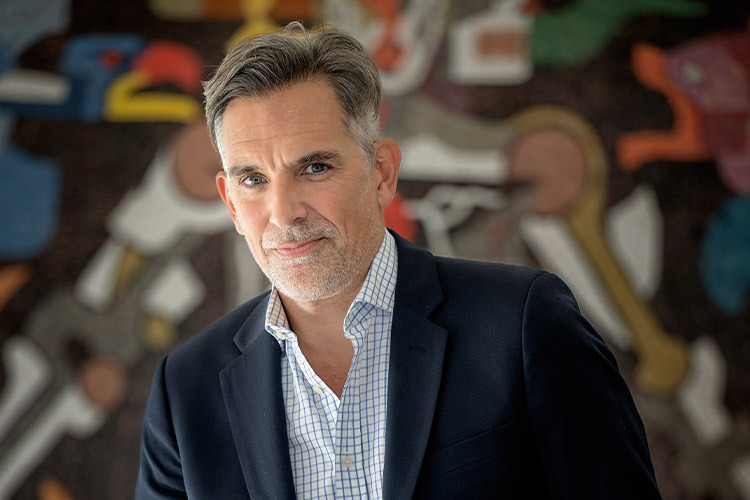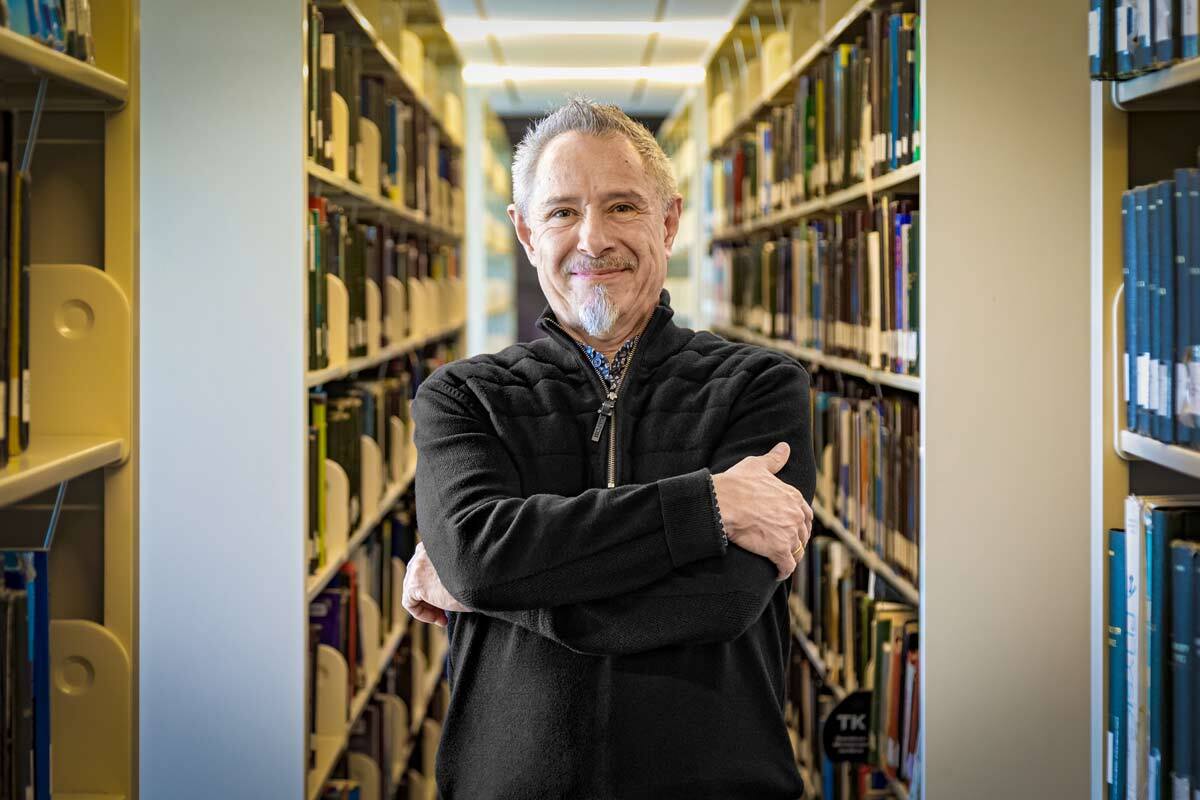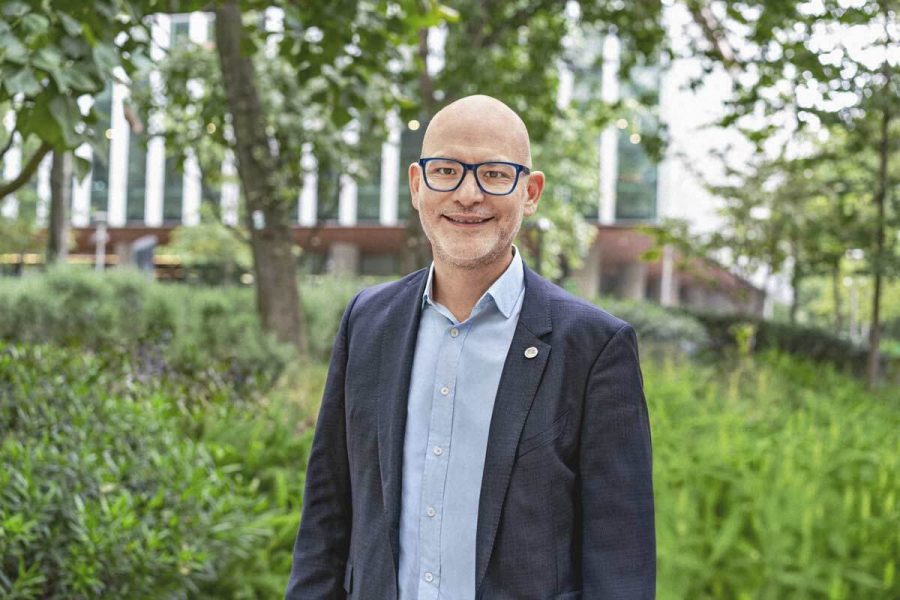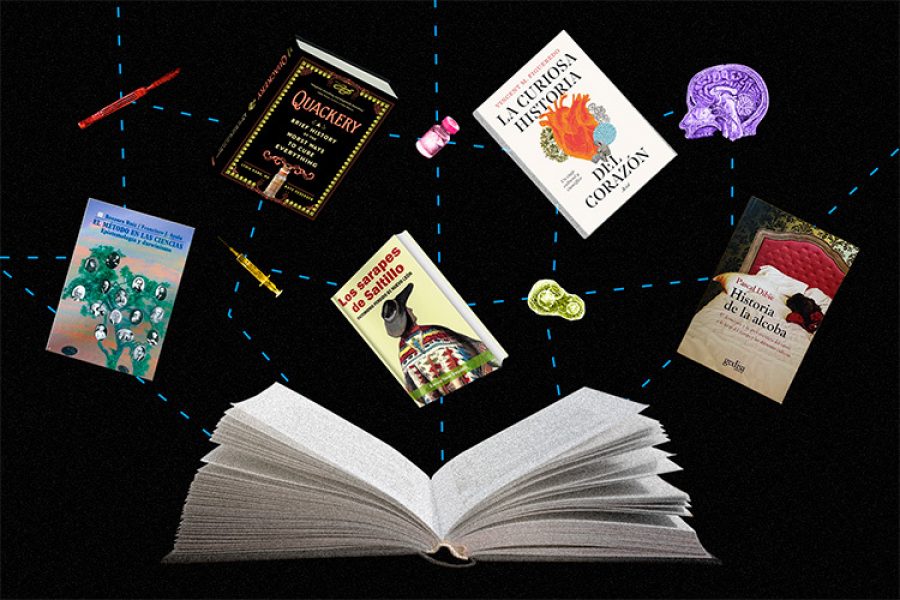As a kid, Sebastián Mazzuca describes himself as a “total science nerd,” captivated by the rules that govern our natural world.
At first, he thought the big unknowns lay in physics or chemistry. But the more he learned, the more he realized: we know far less about how societies function than about the universe itself.
That realization led him to pursue political science. Today, with a PhD in the field and a master’s degree in economics from the University of California, Berkeley, Mazzuca is part of the Faculty of Excellence at Tec de Monterrey’s School of Social Sciences and Government.
A personal history that shaped his research
Mazzuca’s curiosity doesn’t stem solely from an intellectual puzzle. It’s also deeply personal—rooted in his parents’ experiences during Argentina’s dictatorship.
On March 24, 1976, a coup d’état installed a brutal military regime. Six years later, democracy returned with the election of Raúl Alfonsín. One of his first acts as president was to create the National Commission on the Disappearance of Persons, charged with investigating the dictatorship’s crimes.
Gradually, the countries touched by Operation Condor also found their way back to democracy.
“After that transition, democracy felt incredibly fragile—but also inspiring,” Mazzuca recalls. “If we could deepen our understanding of how countries escape poverty and build stable democracies, that would be amazing.”
Motivated by that goal, he completed his undergraduate degree at the University of Buenos Aires and then left for California to earn a master’s in economics at Berkeley.
Why are some countries poor?
Arriving in Berkeley’s classrooms, influenced by thinkers like Karl Marx and Adam Smith, Mazzuca began to explore Latin America’s development challenges.
Over time, his perspective shifted. He no longer fully embraced Marx and Engels’ notion that class struggle and economic forces alone shape society. For Mazzuca, it’s politics that fundamentally mold a nation’s economy.
In 2021, he published his most comprehensive work on the subject: Latecomer State Formation: Political Geography and Capacity Failure in Latin America.
“The single most important question in economics, to me, is why some countries are rich and others are poor. Wrapping your head around that is absolutely mind-blowing,” he says. To tackle it in the South American context, he turned to Argentina and Brazil.
He points to parallels between global powers like the United States and nations such as Argentina—countries that, at one point, seemed destined to follow similar paths.
But history took a different turn. “There’s a world that never happened, but could have: a South America as prosperous as North America,” he explains.
For him, dysfunctional political divisions were the stumbling block. His approach is to “think of countries as relatively arbitrary combinations of regions—some combinations work better than others.”
According to his theory, in Argentina and Brazil, economic hubs are tied to poorer peripheries simply because they share the same national borders. This, he argues, harms both.
The hubs face unfavorable exchange rates that drive up costs and strain local economies.
Meanwhile, the peripheries demand transfers that, instead of fostering development, mostly serve to sustain their political elites.
The result? Neither region reaches its full potential.
With different political boundaries, Mazzuca argues, things could have unfolded otherwise:
“There’s a possible country made up of Argentina’s fertile Pampas—Buenos Aires, Entre Ríos, Santa Fe, Córdoba—together with Uruguay and parts of southern Brazil. That country could have been another Australia, if only it had autonomy.”
Bridging two countries
Looking ahead, Mazzuca doubts that today’s states and borders will last forever. In a future shaped by globalization and increasingly powerful city networks, he believes Tec de Monterrey can play a pivotal role.
That’s why he continues to hold his position at Johns Hopkins University, seeking to build bridges between the two institutions.
One of American education’s blind spots, he insists, is its lack of attention to Mexico.
“For any U.S. student, spending a year at Tec in Mexico would be invaluable for truly understanding their neighbor,” he concludes.
Interested in publishing this story? Contact our content editor at marianaleonm@tec.mx

















